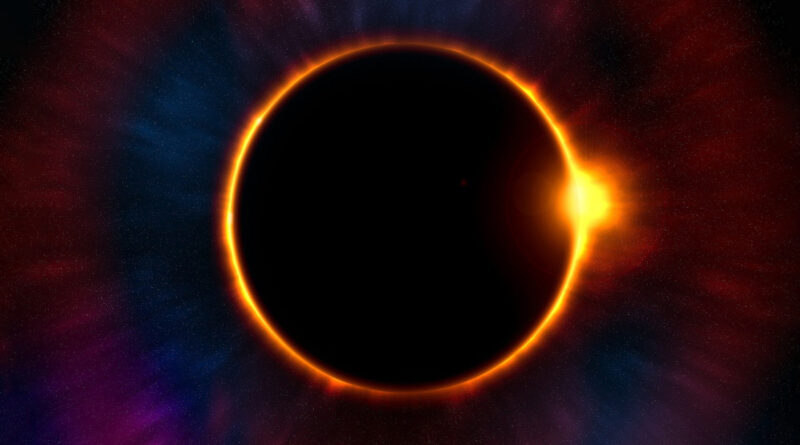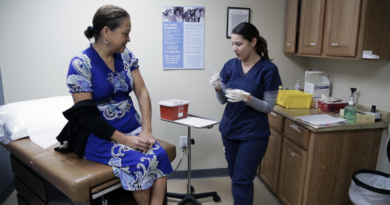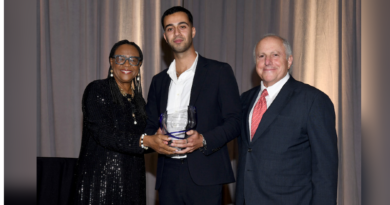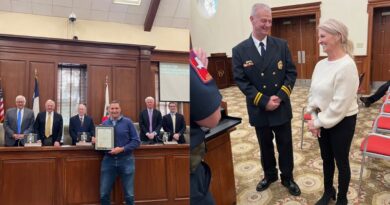From Classrooms to the Sky
Solar eclipse anticipation inspires astronomy lessons
Every 20 years, the moon travels directly between the Earth and the sun, darkening the skies for a few minutes and revealing stars and planets.
For 2024, the rare event happens over Dallas.
The total eclipse, where the moon completely covers the sun, will begin in Dallas at 1:40 p.m. on April 8 and end at 1:44 p.m., with the partial eclipse being seen from 12:23 p.m. to 3:02 p.m.
“I want people to realize this is a treasure to see one,” said Donna Pierce, retired director of Highland Park ISD’s planetarium. “I’ve had to travel all over the world, and it’s going to go right over my house.”
Dallas schools are using the eclipse as an opportunity to teach their students about astronomy.
The Winston School plans to dedicate a month of learning to the eclipse with high school science teacher Charlene Olson as the curriculum’s head planner.
“I worked as a teacher intern at the National Optical Astronomy Observatory (NOAO) at Kitts Peak National Observatory in Arizona, a collaborative effort between NOAO and NASA,” Olson said.
Olson received a grant from the Astronomical Society of the Pacific, so she will take the Eclipse Stars Workshop to get the most up-to-date information.
The grant gives her equipment and activities she can use with her students.
“Their materials are just amazing, and I’m excited to see what activities they will be teaching me and that I can take to fellow teachers to use in the classroom,” Olson said.
Olson plans to meet with K-8 teachers to see what they need to incorporate activities best suited for their classroom.
For high school students, she may offer leadership opportunities with the lower grades or partner with Preston Royal Branch Library to teach children about the eclipse.
“The culmination of all of the learning and the materials is being able to watch (the eclipse) together as a community,” said Rhema Jones, the director of advancement and communications at Winston.
Area private schools, including Parish, Greenhill, Alcuin, Shelton, Ursuline, and TCA, will also host watch parties and provide equipment for students to watch the eclipse safely.
HPISD plans to incorporate eclipse viewing into the city of University Park’s centennial celebration. Many Dallas ISD students will view the eclipse with glasses donated by the Perot Museum of Nature and Science.
To watch the eclipse, wear solar eclipse glasses to protect your eyes and prevent potential blindness. If you can’t get ahold of the glasses, you can also look at the ground through a leafy tree, a piece of welder’s glass, or a hole poked through an index card and watch the eclipse on the ground.
“Don’t go in halfway though,” Pierce warned. “You want to see the moon move across and the sun start appearing again. It’s magic.”








